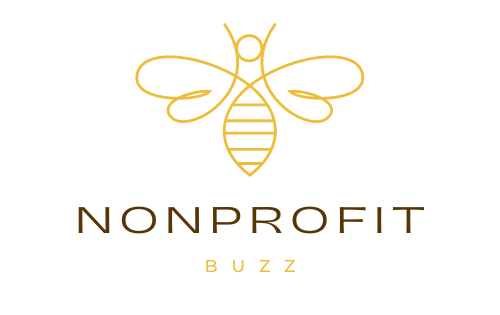Trends That Will Dominate In 2024 For Nonprofits

While it is difficult to predict 2024 nonprofit trends with certainty, there are several nonprofit trends that are expected to dominate in 2024. These trends are driven by changes in technology, societal attitudes, and the evolving landscape of philanthropy. Here are some potential trends to watch for:
- Technology-driven Giving: With the increasing reliance on digital platforms and the rise of cryptocurrency, nonprofits will need to adapt to new forms of giving. This could include accepting donations through digital wallets, integrating blockchain technology for transparency, and leveraging social media platforms for fundraising campaigns.
- Focus on Diversity, Equity, and Inclusion: There is a growing awareness and demand for diversity, equity, and inclusion in all sectors, including nonprofits. In 2024, nonprofits are likely to focus more on building inclusive organizations, diversifying their boards, and addressing systemic inequalities within their programs and services.
- Data-driven Decision Making: Nonprofits will continue to leverage data analytics to inform decision-making processes. By collecting and analyzing data, nonprofits can identify trends, measure outcomes, and optimize their programs and services to better meet the needs of their beneficiaries.
- Collaboration and Partnerships: Nonprofits are realizing the benefits of collaborating and forming strategic partnerships with other organizations. By pooling resources, knowledge, and expertise, nonprofits can maximize their impact and achieve shared goals more efficiently.
- Sustainable Practices: Environmental sustainability will become an increasingly important focus for nonprofits in 2024. Nonprofits will be expected to incorporate sustainable practices into their operations, such as reducing their carbon footprint, promoting energy efficiency, and adopting environmentally friendly policies.
- Remote and Flexible Work: The COVID-19 pandemic has accelerated the adoption of remote work, and this trend is likely to continue in the nonprofit sector. Nonprofits will increasingly embrace remote work arrangements and flexible schedules to attract and retain talent, improve work-life balance, and reduce overhead costs.
- Cross-Sector Collaboration: Nonprofits are recognizing the value of partnering with businesses and government agencies to address complex social issues. Cross-sector collaborations provide opportunities for shared resources, expertise, and innovative solutions.
- Enhanced Donor Engagement: Nonprofits will continue to invest in cultivating relationships with their donors, focusing on personalized and meaningful engagements. This may include personalized communications, donor appreciation events, and interactive experiences to foster long-term donor relationships.
It’s important to note that while these trends are likely to dominate the nonprofit sector, the specific priorities and strategies of individual organizations may vary based on their mission, geographic location, and unique circumstances.



